News Archive
-

Black History Month is a celebration of the accomplishments of African Americans, and a time for recognizing the central role that African Americans played in U.S. history.
-
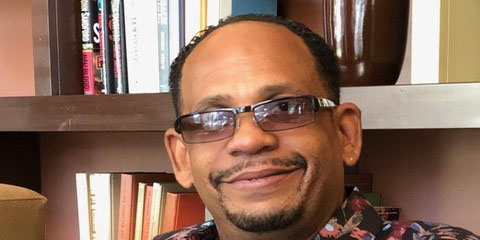
In 2005, during his first year of graduate school at the USC Suzanne Dworak-Peck School of Social Work, Bryan Gaines, BA ’03, MSW ’06, DSW ’18, received a phone call from his aunt. She told him his father, with whom he had no relationship, had been diagnosed with Alzheimer’s disease, required 24/7 care and needed to be picked up—she was going to Las Vegas.
-
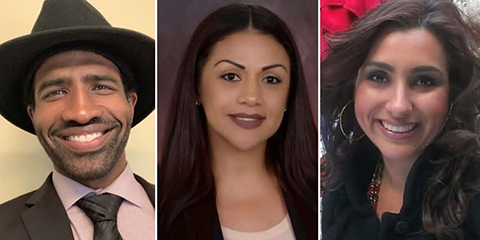
A lot of people consider time a precious commodity, but Omar Pryce treats nearly every minute like it is made of gold. That is because for him, choosing how to spend his time is an unexpected blessing. Pryce had expected to be in prison until 2023.
Earning an early release gave him the opportunity to change his life’s trajectory. Since then, he has ensured that every day has been spent working toward his many positive life goals, such as obtaining his Master of Social Work (MSW).
-

Veteran suicide rates continue to tick upward, despite the federal government spending vast sums of money and investing considerable time and resources to grapple with the issue.
-

A new Master of Social Work (MSW) program designed to fit the schedules of those in full-time employment, has been launched for the fall 2020 semester. The Working Professionals MSW offers a unique opportunity for those who wish to pursue graduate level education, skills and knowledge in the practice specialization of adult mental health and wellness across the lifespan.
-
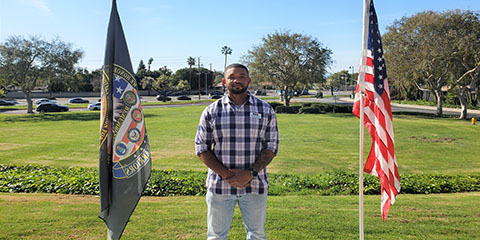
Jeramie Jackson, a third-year student at the USC Suzanne Dworak-Peck School of Social Work, will complete his Master of Social Work (MSW) this spring, specializing in social change and innovation on the military social work track.
-
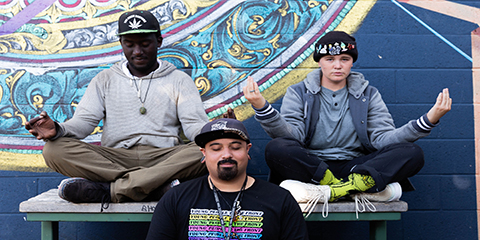
Interpersonal violence is inherently a social phenomenon, meaning it spreads through networks. Perhaps adaptive and positive behaviors like mindfulness could also be spread virally?
This is the theory that inspired Robin Petering, PhD ’18, and Nicholas Barr, PhD ’18 to develop MyPath, a violence reduction intervention for youth experiencing homelessness.
-
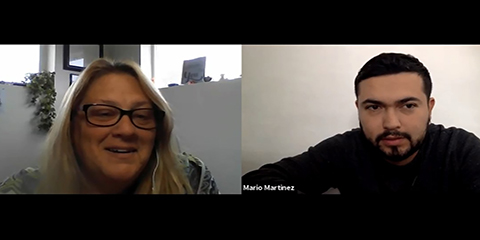
Adam Davison expected to be disappointed in the class known as the Virtual Field Practicum or VFP. Required as part of the MSW he was earning online through the USC Suzanne Dworak-Peck School of Social Work’s Virtual Academic Center, the class used an actor to simulate a client named Mario, a military veteran.
To Davison, a retired Marine, watching an actor pretend to be a client sounded strange and a bit silly.
-
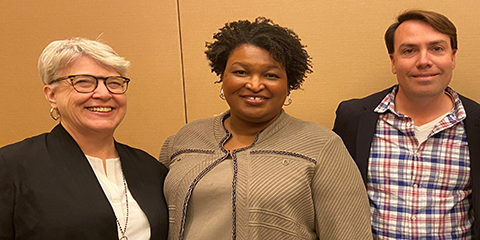
The co-chairs of the American Academy of Social Work and Social Welfare (AASWSW) Grand Challenge to End Homelessness―Ben Henwood, associate professor at the USC Suzanne Dworak-Peck School of Social Work, and Deborah Padgett, professor at the New York University Silver School of Social Work―ass
-
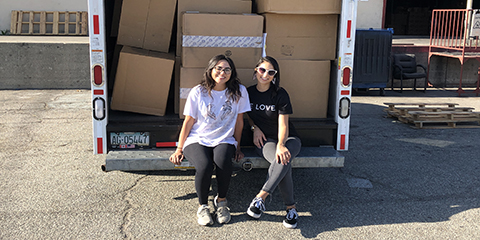
Layan Kaileh, MSW ’18, while earning her bachelor’s degree in social work in Fresno, California, created what she called ‘blessing bags,’ which included toiletries, food, water and a couple of dollars. When out driving, if she saw someone she thought needed help, she would hand them the bag, all ready in her car.
Nicole Wilson, MSW ’18, who grew up in Los Angeles County, felt compelled to be a positive influence for change in any way she could within her community.